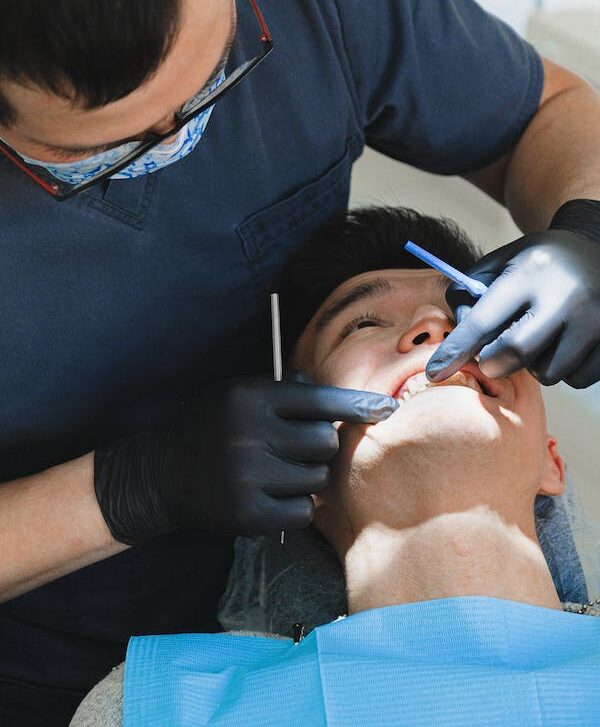It’s easy to ignore, but a little bit of tooth decay or gum disease usually leads to a little bit more. However, one thing is certain. If left untreated, it almost always results in pain, emergency treatment, and tooth loss. So why does this happen?
Adult dentistry focuses on preserving and improving individuals’ oral health in their adult years. Our dental needs evolve as we age due to gums, teeth, and overall health changes. This specialty emphasizes preventive care, timely interventions, and restorative solutions to ensure a healthy smile and improved quality of life.

Several factors contribute to oral health issues in adults, including:
These factors can increase the risk of cavities, gum disease, and other dental complications.
Common indicators of oral health problems include:
Many patients are surprised at the large amount of surface area that we examine during an oral exam. At every hygiene visit, we examine all the tissues of your mouth, including gums, cheeks, lips, tongue, and jaw.
It is just as important to have regular soft tissue screenings as it is to have a professional dental cleaning.
Oral cancer can afflict anyone, although tobacco users put themselves at a significantly higher risk than non-users. Chewing tobacco has up to 3000 different chemicals, including the same compounds used in pesticides and embalming fluid.
Cellular changes below the surface aren’t always detectable until they’ve advanced to a critical stage.Early detection and treatment of oral cancer can significantly increase your chances of a quick and complete recovery. The American Cancer Society reports that about 7,000 deaths result from oral cancer out of 30,000 cases diagnosed annually.
Oral cancer often develops silently, presenting no apparent symptoms in its early stages. Our dentists at North Texas Family and Cosmetic Dentistry utilize oral cancer awareness tactics so that even regular screenings allow abnormalities to be detected early, improving treatment outcomes and significantly reducing risks.

At North Texas Family and Cosmetic Dentistry, we prioritize your comfort and health by offering personalized dental solutions. Here’s what sets us apart:
Monday: 7:30am – 4:00pm
Tuesday: 7:30am – 4:00pm
Wednesday: 7:30am – 4:00pm
Thursday: 7:30am – 4:00pm
Friday: Closed